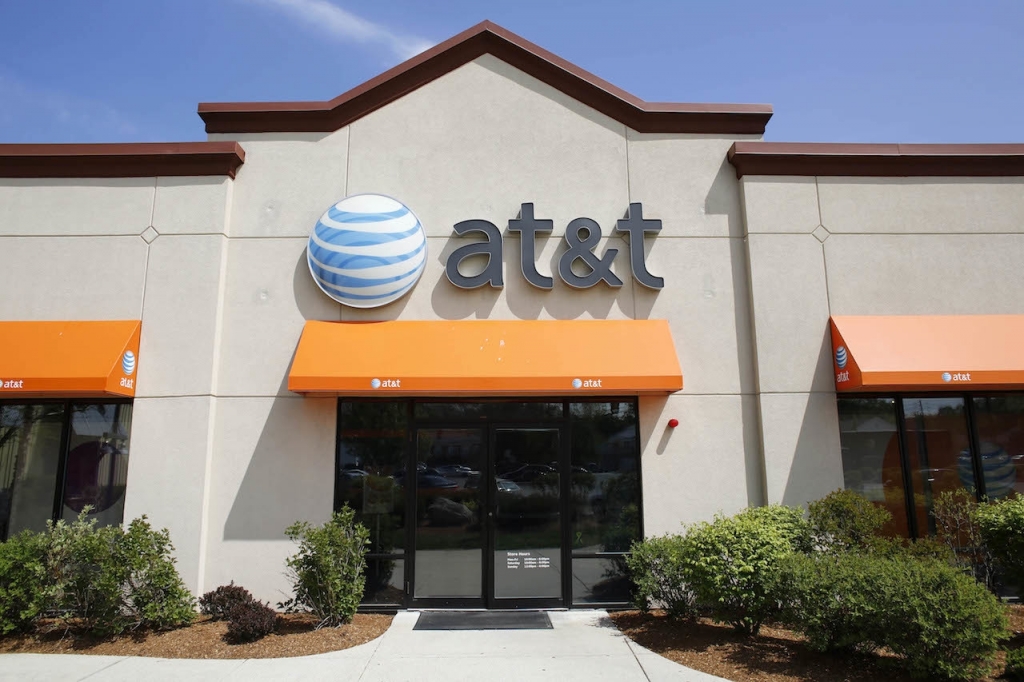AT&T has ‘extraordinary, decades-long’ relationship with NSA
It appears that AT&T was a willing participant in the arrangement rather than having to be coerced into it; the documents remind NSA officials that “this is a partnership, not a contractual relationship”.
While it was previously known that US telecommunications companies provided the NSA with information, the new documents detail the particularly close working relationship between AT&T and the intelligence agency, which one of the leaked documents described as “highly collaborative”, according to joint document review by The New York Times and ProPublica. And by way of comparison, it notes that AT&T “installed surveillance equipment in at least 17 of its Internet hubs on American soil, far more than its similarly sized competitor, Verizon”.
The Times said the new documents did not name AT&T, but said analysis by its reporters and ProPublica revealed “a constellation of evidence” that pointed to the company.
While this is the most documented report probably ever released of the cooperation between the NSA and a major national telecommunications provider, the authors point out the fact that it offers no clue to the current state of the program. In one of its first months of operation, it was “forwarding more than one million emails a day to the keyword selection system”.
An undated handout photograph depicts an aerial view of the National Security Agency (NSA) headquarters building in Fort Meade, Maryland.
But what the report shows is that as recently as 2011, the company started delivering over 1.1 billion cellphone calling records per day to the NSA, contradicting the well-established agency argument that it only collected landline records. By 2013, that included some 60 million email exchanges between foreigners overseas that passed through American servers belonging to AT&T.
The documents date from 2003 to 2013 and were provided by fugitive former NSA contractor Edward Snowden, The Times reported. The trove detailed the extent of government monitoring of communications in the years after 9/11. All this is revealed in a new batch of documents provided by Edward Snowden. The Department of Justice has labeled Snowden a spy, charged him with espionage, and insisted he could only return to the US by pleading guilty to felony charges.








